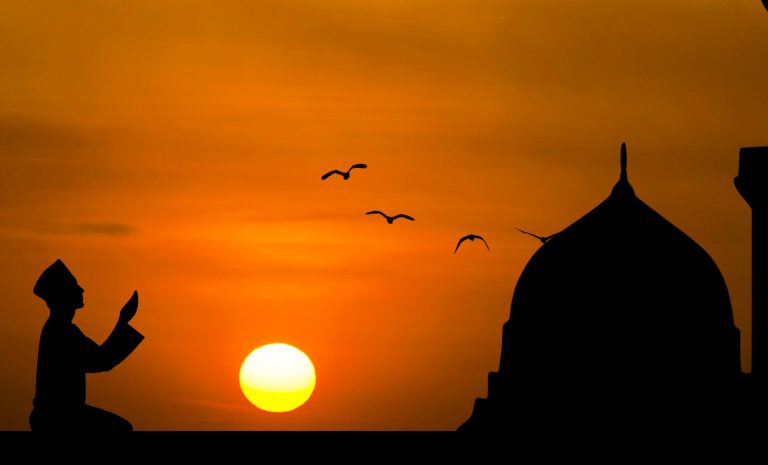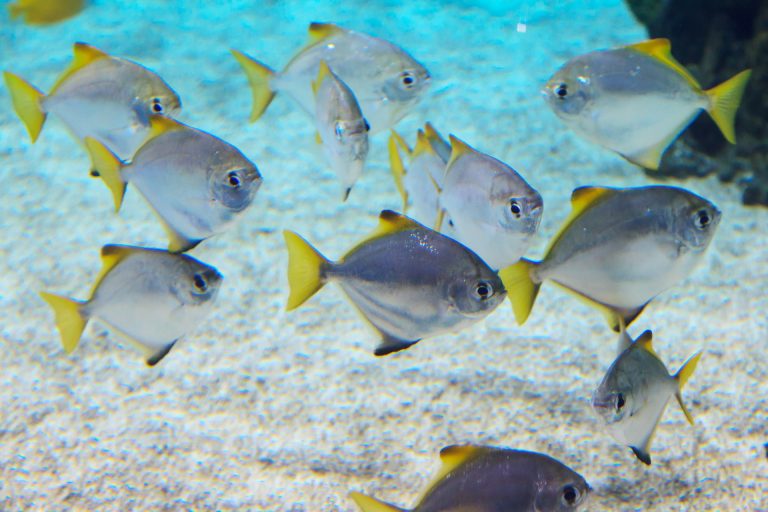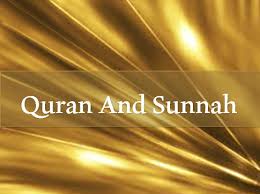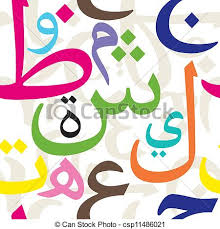Friday: The Best Day of the Week

From the traditions of Prophet Muhammad, we learn that “The best day in the sight of God is Friday, the day of congregation”. Congregational prayers (obligatory for men) are one of the most strongly emphasized duties in Islam. It is a time when Muslims come together to worship One God, and find strength and comfort by standing shoulder to shoulder and reaffirming their faith and devotion to Him.












